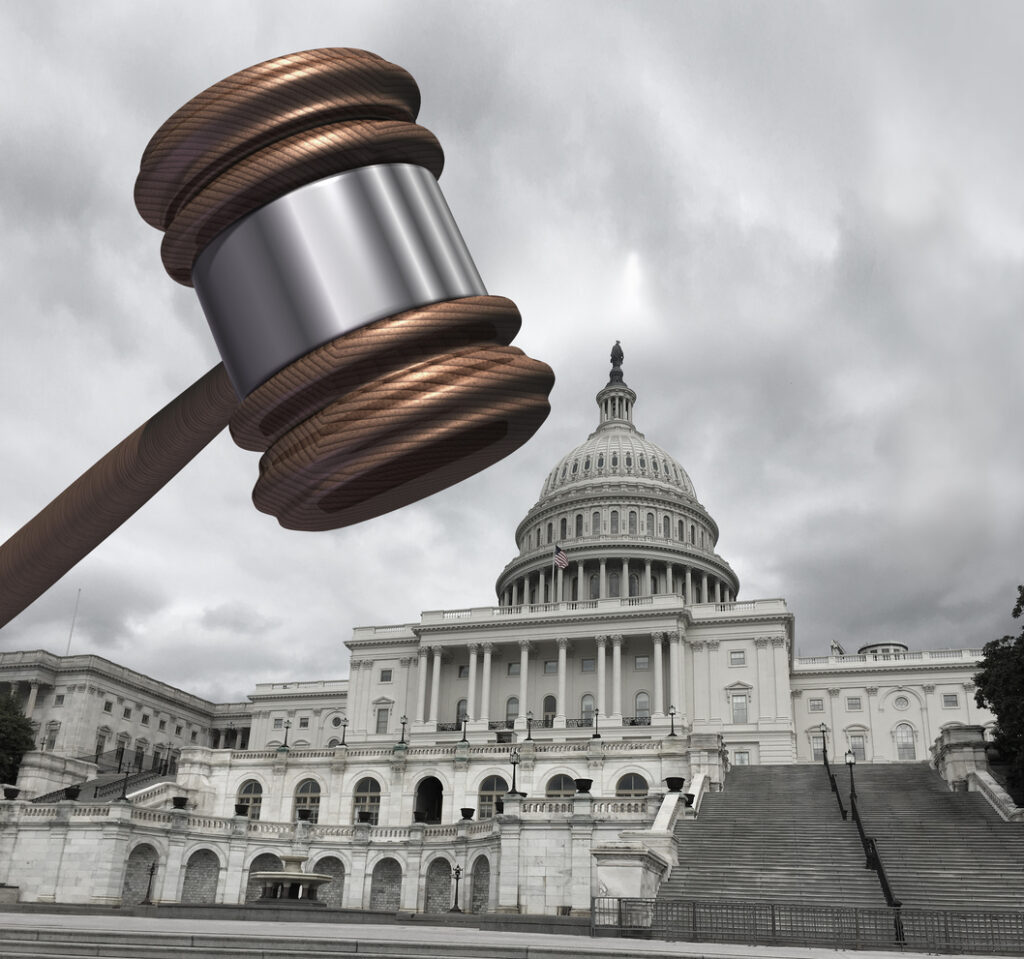- 2 Nov 2025

When organizations receive an administrative subpoena, the clock starts ticking. Regulatory agencies such as the Office of Foreign Assets Control (OFAC) expect accurate, timely, and complete responses. Yet many businesses falter during this process, often because they underestimate the complexity of compliance or misinterpret the scope of the demand. Guidance from experienced administrative subpoenas attorneys becomes crucial in these situations, as even minor errors can escalate into major legal and financial risks.
This article explores the most common mistakes entities make when responding to administrative subpoenas, with insights on how they can be avoided. By examining real-world pitfalls and aligning with established compliance principles, organizations can better protect themselves during government investigations.
Why Experienced Administrative Subpoenas Attorneys Stress the Importance of Immediate Action
The first and most significant mistake is delay. Many businesses treat a subpoena as a standard document request, not realizing it signals a formal investigative step. Regulatory authorities view delays as non-cooperation, which can worsen penalties. Experienced administrative subpoenas attorneys often highlight that hesitation allows for unintentional spoliation of evidence, incomplete responses, or the appearance of obstruction.
Federal agencies typically provide strict deadlines. Extensions may be possible but require proactive communication. Without timely engagement, organizations lose leverage to negotiate the scope of the request or clarify ambiguities.

Overlooking the Breadth of an Administrative Subpoena
Subpoenas are rarely narrow. They often demand documents spanning years, communications across multiple departments, and records from various subsidiaries. Businesses that attempt to limit production without legal justification risk sanctions. Experienced administrative subpoenas attorneys note that failing to understand the subpoena’s breadth can result in partial compliance, which investigators treat as concealment.
Agencies like OFAC may also request financial, operational, and technical data, which requires coordination across accounting, compliance, and IT teams. A fragmented response strategy leaves gaps that investigators quickly exploit.
Misinterpreting the Role of Confidential or Privileged Materials
Another frequent error is mishandling privileged information. Companies sometimes turn over attorney-client communications without review, undermining their legal defenses. Others improperly withhold documents without asserting privilege in the required manner. Experienced administrative subpoenas attorneys consistently warn that privilege logs must be precise, justified, and defensible.
Confidential business information poses additional challenges. Agencies allow certain redactions or protective requests, but failing to use these tools risks exposing trade secrets unnecessarily. Proper legal guidance ensures that sensitive data is preserved while still complying with investigative requirements.
The Risk of Inconsistent Responses Across Departments
Large organizations often assign subpoena response tasks to multiple teams. Without central oversight, discrepancies arise. For example, one department may disclose records that another inadvertently omits, creating an appearance of dishonesty. According to experienced administrative subpoenas attorneys, inconsistent responses can shift a civil inquiry toward potential criminal liability.
Centralized coordination ensures alignment, prevents duplication, and allows for a unified narrative. Investigators expect consistency, and inconsistencies can signal deeper compliance failures.
Failure to Preserve Electronic Evidence
Modern investigations focus heavily on electronic data. Emails, instant messaging logs, and cloud-stored files often carry the most probative value. A frequent mistake is failing to implement immediate legal holds on digital systems. Deletions, even automated ones, can be construed as evidence destruction.
Experienced administrative subpoenas attorneys emphasize that IT departments must be engaged from the outset. Agencies like the U.S. Department of Justice provide guidance on electronically stored information preservation, and failure to follow such standards can escalate penalties. Referencing standards from justice.gov further reinforces the importance of digital compliance in subpoena matters.
Ignoring Opportunities to Negotiate Scope
Some organizations mistakenly assume they must comply fully with every demand as written. While subpoenas are enforceable, agencies often accept narrower production if parties demonstrate burden or relevance concerns. Businesses that fail to negotiate scope may incur unnecessary costs or expose unrelated vulnerabilities.
By engaging early, experienced administrative subpoenas attorneys can petition for modifications, rolling productions, or protective orders. Such negotiations are rarely possible after deadlines have passed, highlighting again the importance of immediate action.
Submitting Disorganized or Incomplete Productions
Investigators expect clear, categorized, and indexed document submissions. Companies that deliver unstructured files frustrate regulators and create the impression of non-compliance. Worse, incomplete productions may require supplemental submissions, extending the investigation and eroding trust.
Experienced administrative subpoenas attorneys advise treating productions like litigation discovery, with careful Bates numbering, privilege logs, and metadata preservation. A poorly organized response may prompt agencies to seek judicial enforcement, shifting a regulatory inquiry into court proceedings.
Overlooking the Strategic Value of Legal Counsel
Some businesses attempt to manage subpoenas internally, particularly if they view the issue as administrative rather than adversarial. This miscalculation can backfire. Administrative subpoenas often precede enforcement actions, meaning that every document produced may later serve as evidence.
Working with experienced administrative subpoenas attorneys provides not just compliance support but strategic foresight. For example, they can assess whether the subpoena signals potential violations of sanctions law and align production strategies accordingly. A resource such as the OFAC administrative subpoena lawyer guide illustrates how early legal involvement can mitigate long-term risks.
Underestimating the Potential Consequences of Errors
A common misconception is that administrative subpoenas carry less weight than judicial subpoenas. This is incorrect. Agencies like OFAC, the SEC, and the DOJ treat non-compliance seriously, often escalating penalties, imposing sanctions, or referring cases for criminal prosecution.
Experienced administrative subpoenas attorneys caution that errors such as late responses, incomplete disclosures, or careless communications may inadvertently trigger obstruction allegations. Once that occurs, the legal landscape becomes significantly more threatening.
How Proper Preparation Avoids These Mistakes
Organizations that respond effectively to subpoenas share certain practices. They initiate immediate internal investigations, establish document holds, and coordinate across departments under centralized oversight. They also create privilege logs, negotiate scope where appropriate, and prepare submissions with litigation-quality precision.
The presence of experienced administrative subpoenas attorneys throughout this process provides an essential safeguard. Their understanding of regulatory expectations ensures that mistakes are minimized and that the organization projects transparency and cooperation without over-disclosing or compromising legal rights.
Final Thoughts on Avoiding Mistakes in Administrative Subpoena Responses
Administrative subpoenas represent more than a paperwork exercise. They are signals of regulatory scrutiny and can lead to severe consequences if mishandled. From delayed responses to disorganized productions, the mistakes outlined above illustrate how easily businesses can compound their problems during an investigation.
By recognizing these pitfalls and adopting disciplined compliance practices, organizations position themselves more favorably in the eyes of regulators. Engaging experienced administrative subpoenas attorneys provides not only technical compliance support but also strategic defense against escalating enforcement risks.
Recent posts
- 17 Oct 2025
Categories
- Accident & Injury Law (54)
- AI (1)
- Copyright Law (1)
- Criminal & Civil Law (17)
- Disability Law (2)
- Driving Law (2)
- Employment Law (1)
- Estate Planning (2)
- Family & Relationship Law (29)
- Food and Drink (2)
- Gas Exposure (1)
- Health (1)
- Immigration Law (2)
- Injury Claim (1)
- Insurance Law (7)
- Legal (40)
- Lemon Law (4)
- Mediation (3)
- Medical Malpractice (1)
- Property & Business Law (9)
- Severance Agreement (1)
- Travel and Leisure (1)
- Uncategorized (12)
- Worker Compensation (2)



